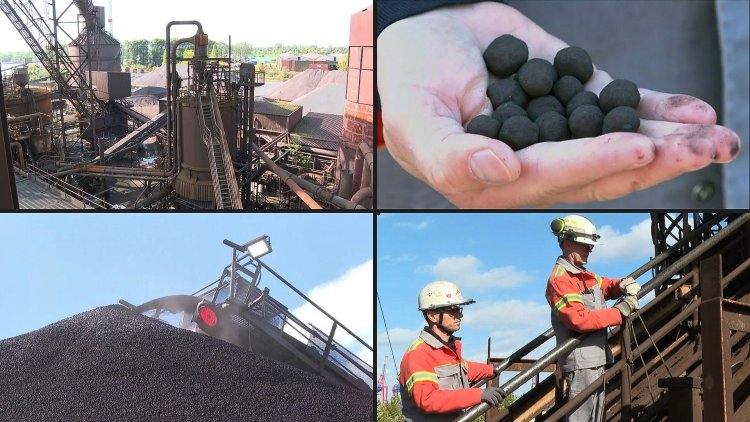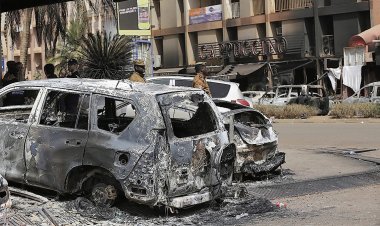Idled plants fuel German angst about de-industrialisation

Soaring energy prices have forced operators to partially idle the plant, adding to fears that Germany's industrial companies, the backbone of Europe's biggest economy, are facing an existential threat.
Germany is already bracing for a recession as the energy crisis triggered by Russia's war in Ukraine takes its toll, and the latest government forecasts will likely make grim reading.
But some economists say the long-term impact could run far deeper and see entire manufacturing sectors trim production or relocate to countries where running costs are lower, fundamentally reshaping Germany's industrial landscape.
In Hamburg, the 530 workers at the ArcelorMittal steelworks have been placed on reduced hours since early October.
The steep price increase made it unaffordable to continue business as usual at the site, which on average consumes two terawatt-hours of gas and one terawatt-hour of electricity per year -- enough to power a medium-sized city.
Similar steps to curb production have been taken at other European sites operated by ArcelorMittal, the continent's biggest steelmaker.
In a September statement announcing the cost-saving measures, the company blamed the "exorbitant" rise in energy prices and weaker demand as the global economic outlook darkens.
Germany in recent decades managed to avoid the waves of de-industrialisation that hit other European countries.
Before the crisis, the site produced one million tonnes of steel annually, mainly for Germany's flagship automobile sector.















